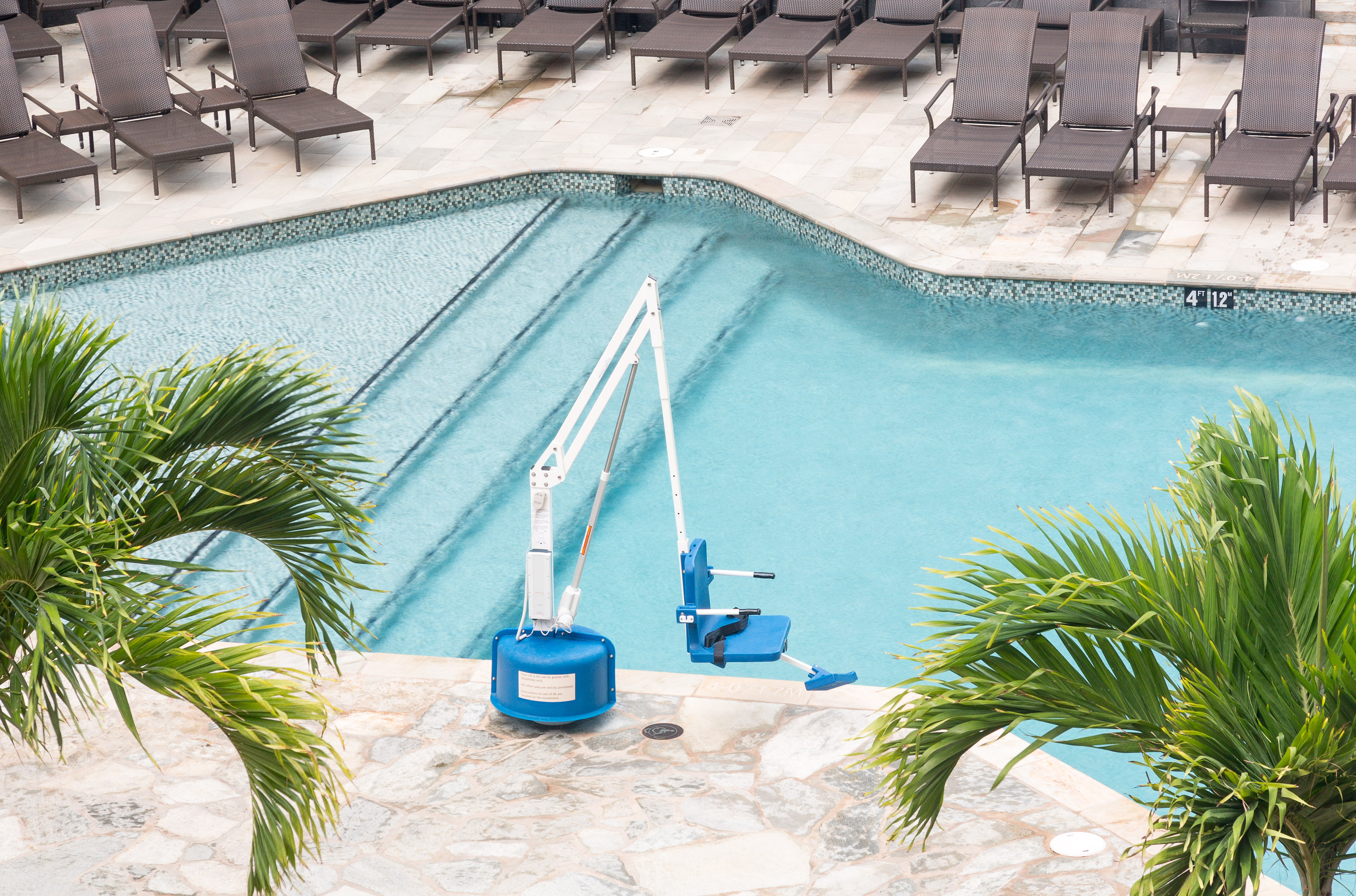The Americans with Disabilities Act, which was signed into law in 1990 and amended in 2009, created a wave of liability issues throughout U.S. hotels. Many of these concerns have been settled for years, but a spate of recent lawsuits has brought to light another aspect of Title III ADA compliance that hotels should be aware of: online compliance.
Over the past few years, lawsuits regarding online ADA compliance have begun to pop up in Pennsylvania and California. Keith Rozanski, senior council at civil litigation firm Haight Brown Bonesteel, said what used to be two firms targeting businesses for online ADA compliance has expanded into six firms in just two years, with hundreds of lawsuits being settled before they are even filed, simply out of convenience.
“Clients claim to attempt to access a website and say it is not accessible to those with disabilities, such as blind people,” Rozanski said. “Courts have said any public accommodations that have a website have to make it ADA accessible. The problem is that the ADA was first introduced in 1988. The Internet came after. There are no regulations; it’s an afterthought.”

Because of the lack of regulations, those filing cases against businesses for non-compliance have had mixed results. The ADA stipulates that any business with a brick-and-mortar location that is also advertising and selling products both online and physically have to have ADA-compliant websites. Whether or not hotels are considered liable is often determined by local and municipal judges, with no consistency.
The lack of consistency becomes even more apparent when looking at the rulings. Netflix, a company with no physical location and does business entirely online, was recently under pressure for lacking ADA compliance within its digital streaming application. Eventually it was deemed that the company would not need to comply, though it moved forward and provided descriptive audio in its movies and TV shows anyway. However, one of Netflix’s competitors, Redbox, was also found to not need to comply even though it does sell products at a physical location. But where does this leave hotels?
“If you have a brick-and-mortar presence, you need to comply,” Rozanski said. “If you don’t, there is a split in authority. There are courts that will side with you and courts that won’t. Most hospitality companies will have to comply without question, and even if they don’t have to they will side against hospitality if the issue goes to the supreme court.”
Swimming in Liability
This situation should sound familiar to any hotel with a pool. The 2009 amendment to the ADA required the installation of pool lifts in every hotel pool that was “feasibly” able to do so, generating a storm of criticism when portable lifts were considered no longer viable and causing operators to frantically search for alternatives.
However, the digital issue may not be a mystery for long. This year, the ADA issued updated Title II rules for public entities, before withdrawing them and starting over. The Department of Justice is expected to release its own guidelines in 2018, while the ADA’s Title II re-work just entered the comments period. This gives time for factors such as mobile websites, and even virtual reality, to be considered. However, until then Rozanski said it is best to follow the footsteps of the previous settlements made with the DOJ, which are all to become compliant.

If a hotel wants to become compliant, isn’t that up to the brand? Roaznski said that the liability falls with whoever runs the site for the property in question. If not the brand, look to the ownership or management level and find out who is liable first.
“You can contract this work out, and almost none of it is insured because it wasn’t thought of until now,” Rozanski said. “Going forward, when you make a contract with your website developer, make your outside vendor responsible.”
Currently individual settlements for website violations with the ADA range from $8,000 to $20,000, though class action settlements could go for anywhere from $60,000 to $500,000. Rozanski said that since there are technically no guidelines in place, any property is open to a lawsuit, but if a hotel complies with the industry standard stipulated by the DOJ then it will have a strong case.
“I’ve never seen a case with that level of compliance go to court,” Rozanski said. “But it’s the wild west right now; there is no certainty."
